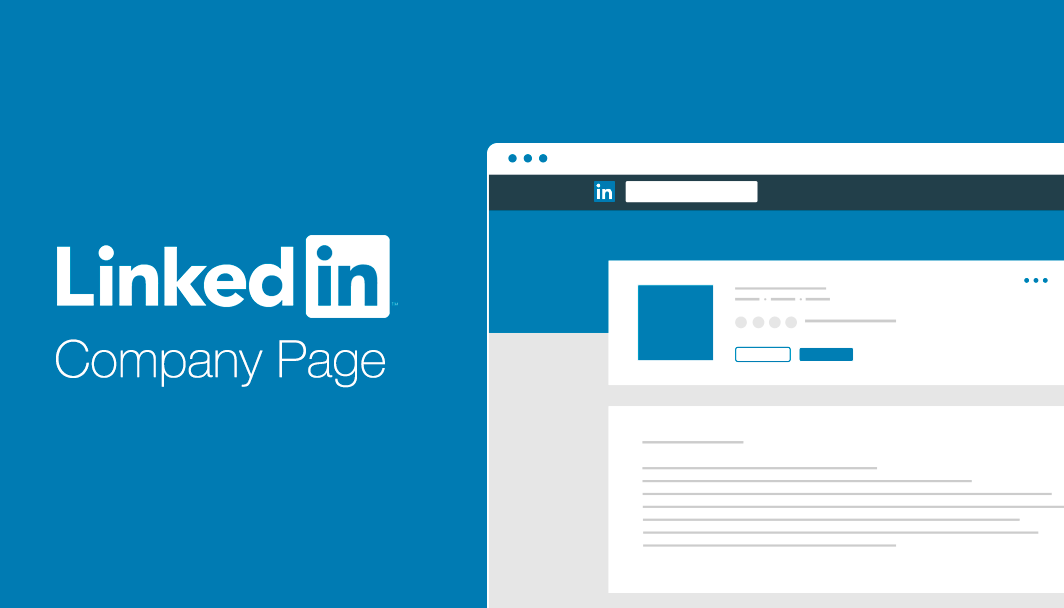How to make a website
What is a website?
Merriam-Webster defines website as a group of World Wide Web pages usually containing hyperlinks to each other and made available online by an individual, company, educational institution, government, or organization.
How do I make a website for my business?
Below, we compiled a high level list of steps you can follow to make your own- just keep in mind that the process is slightly different for everyone. The instructions below would be ideal for you, if you decide to make your website yourself.
Register your domain name
Your domain name should reflect your products or services so that your customers can easily find your business through a search engine. Your customers also expect your domain name to be similar or the same as your business name. For example, our domain name is skysthelimit.org
Decide how you will actually MAKE your website
Hire a freelance developer and designer, they will be able to build your site quickly and provide guidance on successful web design.
Hire an agency: Hiring a professional can be particularly useful if you are looking at having an online shop or offering other services through your website.
Hire someone to write and structure your content, the stuff that your customers look at/read
Do it yourself: Follow the instructions below
Find a web hosting company
A web hosting company will get your domain name on the internet, check out our article on Web hosting to learn more! Monthly fees for web hosting vary depending on how large your website is and how many visits you get.
Prepare your content
Think about what you want your customers to be able to do via your website. This will help you work out what sections or pages you want to include. A website that is well designed and easy for customers to use will help your business stand out. Having relevant and appropriate content and images will help customers understand your products and services and will make them feel comfortable with buying from your business. If you’re selling something, make sure it’s easy to find, add to cart and checkout!
Build your website
You will need to design your website so it can be easily used on smartphones and other mobile devices. Optimising your website for mobile use means that the growing number of people using phones and tablets to access the internet can use your site while they are out and about.
These are some basic things you should definitely include in your website.
High-quality photos and other forms of media to grab your customers’ attention like videos about your business, or how to use your products or services
Write the story who you are and why you started your business on your “About Us” page
Newsworthy mentions and awards, let customer’s know if you have great reviews on Google or Yelp
Facts and metrics of your business so far like the number of customers who keep coming back or the numbers of products you’ve already sold
Make sure customers can easily find your contact information like business email and business phone number so they can get in touch with you if they have questions.
Links to other business social media profiles like Facebook and Twitter.
Plan for ongoing maintenance
Update your content regularly and keep track of your inventory - if you discontinue an item, make sure you let your customers know!
Check out our article on useful tips for creating a website
Additional Resources:
Check out Shopify (best for product-based businesses), Wix or Squarespace (best for service-based businesses).
Why is it important to make a website for my business?
When customers don’t know a brand, most people will search the internet for a product or service before the purchase to check the credibility first. Websites give your business just that- would you trust a business you can’t find online? By building a website, you give your business the opportunity to tell consumers why they should trust you and the testimonials and facts to back up those opportunities. When you provide good service or product, positive word-of- mouth about your business is likely to spread. Which in turn, delivers more repeat and new business. Not only that, but it will provide customers 24/7 access to search and shop!
Pro Tip
While you’re building your website, make sure to regularly ask for feedback from friends and family. Check on things like content, functional links, flow - is the user experience and navigation what they expected? You’ll have a shot at catching spelling and grammar mistakes and improve your website for the best customer experience before customers have access!









